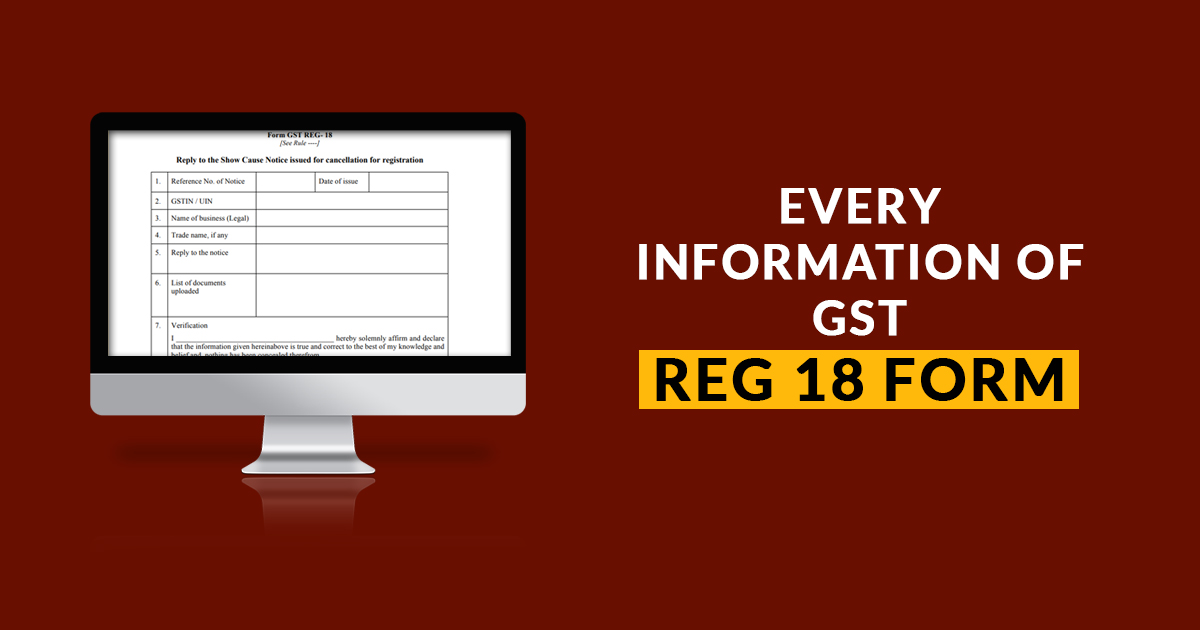Hearings cannot be replaced by telephone & e-mails. This verdict was passed by the Bombay High Court while responding to the petitioner “BA Continuum India Pvt. Ltd.” and respondent “GST authority” in a hearing-related case. The petitioner(BA Continuum India Pvt. Ltd.) is a company and provides information technology and information technology-enabled services to customers located outside India.

It all started with the representative of “BA Continuum India Pvt. Ltd.” (Petitioner)whose representative personally met GST authority (respondent) and requested for personal hearing post-filing of reply.
Due to technical bottlenecks on the GSTN portal, the BA Continuum India Pvt. Ltd, in the beginning, was not able to file its replies on the web portal. Consequently, the replies were filed through a number of emails that denied the allegations and contentions that were mentioned in the show-cause notices. Nevertheless, after the removal of bottlenecks, BA Continuum India Pvt. Replied to the show cause notices (SCN) 
“The GST Authority while justifying the impugned orders put forth the reason that those have been passed within the framework of the GST statute by accompanying the principles of natural justice.” Impugned orders are based on the rationale and not arbitrary. Petitioner was issued a show-cause notice along with notice of being heard.
However, it is worth mentioning that the petitioner had submitted written submissions through e-mail and the aforesaid submissions were taken into consideration. Adding further, the petitioner further made submissions to the adjudicating officer on the telephone. The bench put forth the reasoning that the opportunity of being heard was not an expression of empty formality. For the fair procedure, the principle of “Audi Alteram Partem” should be followed.
Read Also: Bombay HC Regarding GST Act Arrest Provisions
This principle simply means that no one should be excluded from the opportunity of being heard. And the breach of this principle shall be construed as a breach of the principle of natural justice thus invoking the power of judicial review.
“When the law requires that no application for refund shall be rejected without giving an applicant an opportunity of being heard, the same cannot be substituted by telephonic conversations and exchange of e-mails. This is more so in the case of a claim for a refund where no time-limit is fixed vis-a-vis rejection of the claim.
Under sub-section (7) of section 54, a time-limit of 60 days is prescribed for making an order allowing the claim of refund; but that period of 60 days would commence from the date of receipt of the application complete in all respects (emphasis is ours) without there being a corresponding provision for rejection of application not complete in all respects,” the court said.
As a result, the court found that the opportunity of being heard was not granted to the petitioner.
Finally, the court held that the entire matter should be remanded back for a fresh decision. “And for fairness, another competent officer should be assigned the task of deciding the refund applications of the petitioner de novo on remand.”